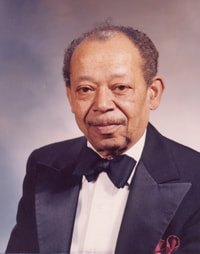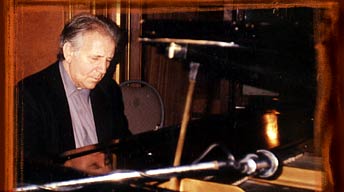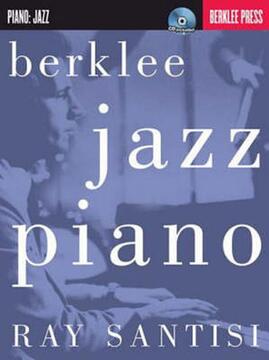Revised October 2022 Rankings:
What can I do for you?
In short, I will present the material to you in a logical fashion, according to your specific circumstances, using a variety 21st c. multi-modal techniques and provide you with weekly feedback. Call me. David (Authors note I own more than one hundred drum books, listened to hundreds of hours of drumming podcasts, and subscribed to jazz and drum education subscription services promising great masterclass from my jazz heroes. I live on YouTube. Furthermore, I own too many drum sets, snare drums, cymbals and drumming paraphernalia. So, I understand your plight, frustrations, anxieties, and determination.) Revised October 2022
0 Comments
Your comment will be posted after it is approved.
Leave a Reply. |
You've got to learn your instrument. Then, you practice, practice, practice. And then, when you finally get up there on the bandstand, forget all that and just wail. AuthorI'm a professional pianist and music educator in West Toronto Ontario. I'm also a devoted percussionist and drum teacher. Categories
All
|



 RSS Feed
RSS Feed